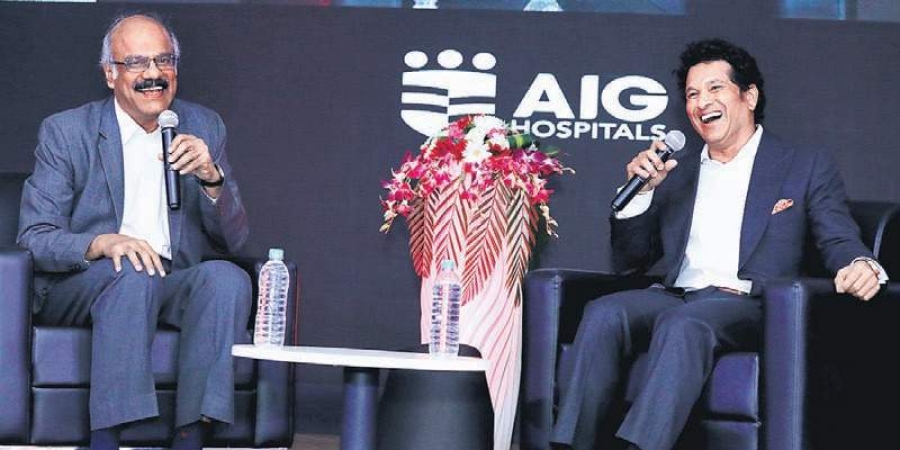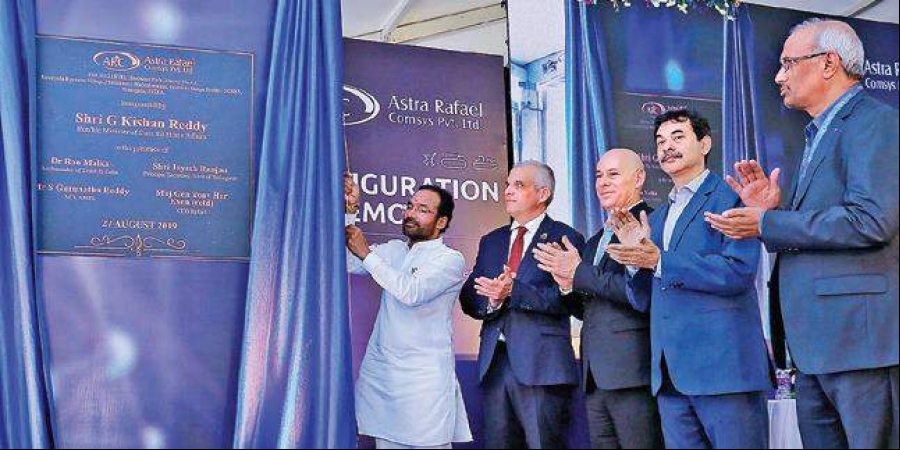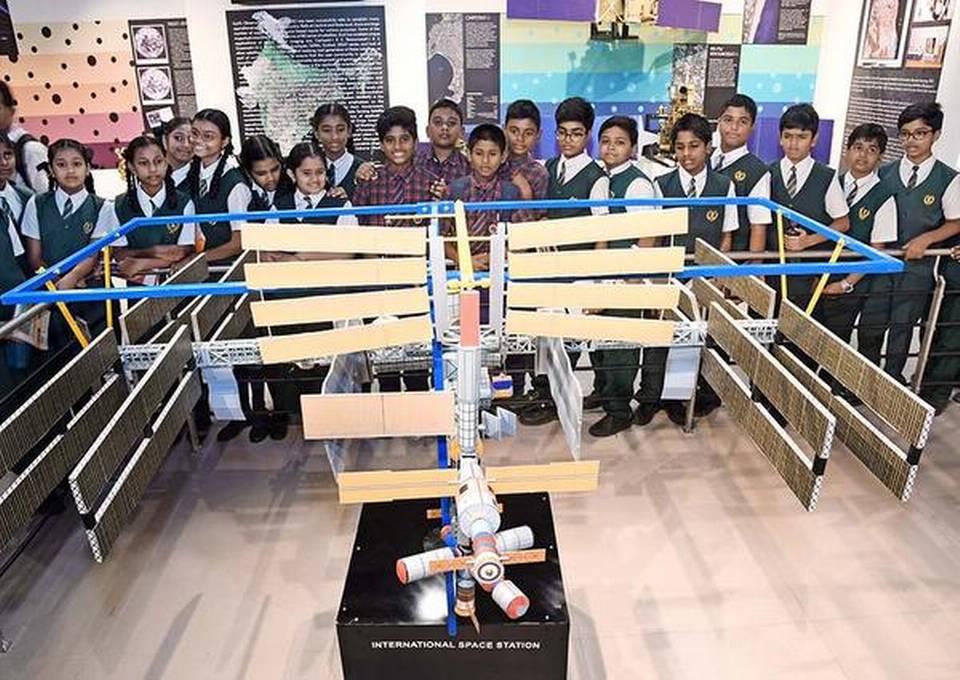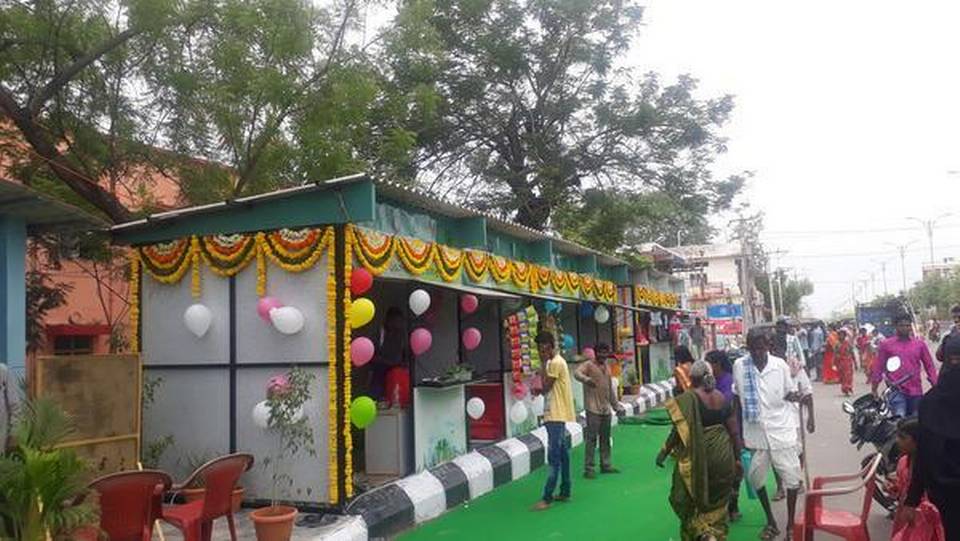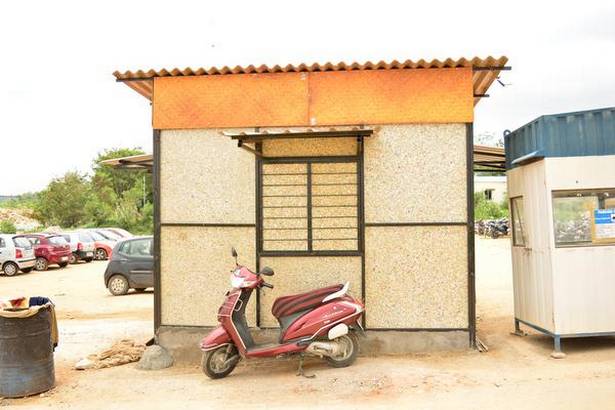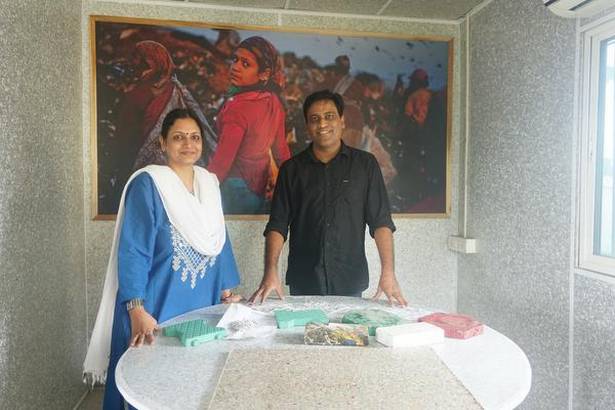Telangana has a total of 45076 confirmed cases of SARS-COV-2 as of 19 July. As many as 12224 are active and under treatment.
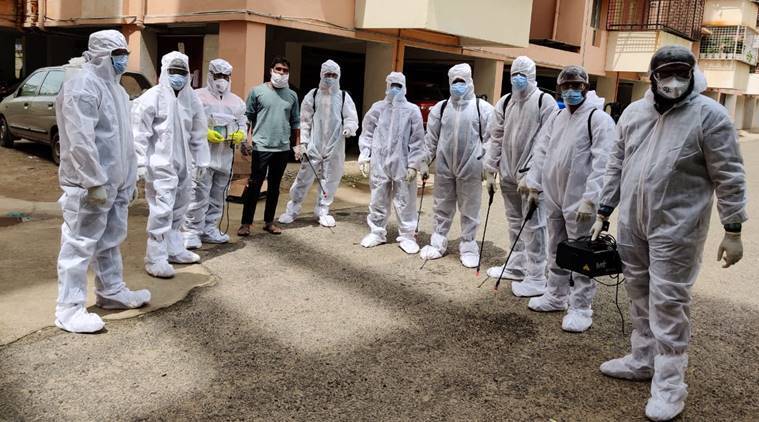
A few days ago, Ganesh Babu, secretary of an apartment society near Hyderabad’s Indira Park, ensured all 185 flats in the society were disinfected and sanitized. This was just a precautionary measure but it has become a necessity in present times, he says.
“We had 15 positive cases of COVID-19 in our society. Four families were infected and quarantined at home. Though they have all recovered, we did not want to take a chance when we came to know about this,” says Babu, who himself is a senior citizen, adding that the work was professional.
Each and every house, as well as the exteriors and common areas, were disinfected by a professional team. Further, the society has also entered into a contract with them to get the premises sanitized every three days.

The consistent rise in the number of COVID-19 cases in the community has now left everyone looking for ways to stop the virus from entering their homes. Especially, as one is now advised to learn to live with the virus. With facemasks, hand sanitizers and physical distancing now part of the new normal, the fear of contracting the disease is prevalent. With this, new businesses have emerged. Mainly, that of sterilizing and disinfecting residences, office spaces and businesses.
Twenty-nine-year-old Adke Pradeep Kumar, with his degree in MSc Biotech, calls himself one of the early entrants in the booming business of fumigation services in Hyderabad. He along with his cousin Thotlapalepu Methuselah, and friend Vattepu Sabastian, started the business over a month ago and now boasts of a long list of clientele.Coronavirus Explained.
“There are people offering fumigation services using bleaching powder, but what we offer is three-layer sanitation. There is a huge demand. Initially, people used to call us just as a precaution but now with the rising number of COVID-19 cases, everyone is worried and wants to stay safe,” says Kumar.
His teams use sprinklers to spray sodium hypochlorite and ethanol-based sanitizers for exteriors, fogging machines to smoke interiors with sodium hypochlorite, and also use UV-sanitizer guns for all surfaces and common touchpoints inside the home. Currently, they have contracts with around 35 corporate offices, two franchisees of a leading international fast food joint, apart from several apartment societies in Hyderabad. They have already expanded their business to Khammam district, too.
“We started with three of us and now we have five regular teams with 20 members each. We can hire more workers if needed. It takes around 40 minutes to completely sanitize a house,” says 21-year-old Methuselah, who was waiting to go abroad for higher studies when the lockdown was imposed in March.
He says the intention was not to make money but to help prevent community transmission. They charge Re 1 per sqft for residential contracts and Rs 1.5 per sqft for commercial works. “We took guidance from several doctors and experts. Our service is a necessity today. It is not about making money,” he adds.
It was around the same time last month that Palwai Jason and wife Sirisha, both MSc Microbiologists by education, started their business of disinfection and sanitization. He teamed up with seven other professional Microbiologists from his known circle to offer pharma-grade sterilization. After testing waters by offering services to individual households, apartments, and corporate offices, Jason says he wants to focus on the sanitization of restaurants.
“As microbiologists, we are trained to keep every inch of our lab clean and hygienic. My experience of working in the pharma industry and knowledge from working in different virology labs has helped me gain a better understanding,” he says. It was when a friend asked him to help with sterilizing his restaurant, in the wake of COVID-19 situation, that he realized the potential in what he already knew.
Jason’s team is currently doing regular sanitization of three restaurants in the city. His team uses formaldehyde solution and glutaraldehyde solution for fumigation. Last month, he completed FSSAI training for food and restaurant management handling in the present COVID-19 situations. With this, he is offering services ranging from restaurant sterilization to food contamination analysis and biowaste management.
“With guidance from the CSIR-Central Food Technological Research Institute, he uses ethyl alcohol-based disinfectants for food-grade at the restaurants. We use UV static pass boxes (medical grade) for food and cutlery, and also recommend biodegradable tableware,” says Jason, who also works as a lab technician on a contractual basis for testing COVID-19 samples at one of the government medical colleges in the city. A weekly certificate of disinfection, sanitation, and quality management for a restaurant costs Rs 15,000. The process involves five to seven hours of work every night after regular restaurant work hours.
Noting that there is a spike in the number of buildings and apartment societies opting for a complete COVID-19 sanitization, Anand Kataria, a businessman and vendor of disinfectants, says that people just want to be on the safer side and are using all available options. “In my opinion, the effect of disinfection stays for not more than 24 hours, but people still want to get it done. There is a huge demand, especially, in buildings where a majority of residents are senior citizens.,” he pointed out.
Telangana has a total of 45076 confirmed cases of SARS-COV-2 as of 19 July. As many as 12224 are active and under treatment. Of them, 1900 are in different hospitals whereas the rest are in home isolation and care. At least 415 persons have succumbed to the disease.
source: http://www.indianexpress.com / The Indian Express / Home> Cities> Hyderabad / by Rahul V. Pisharody / Hyderabad – July 20th, 2020

